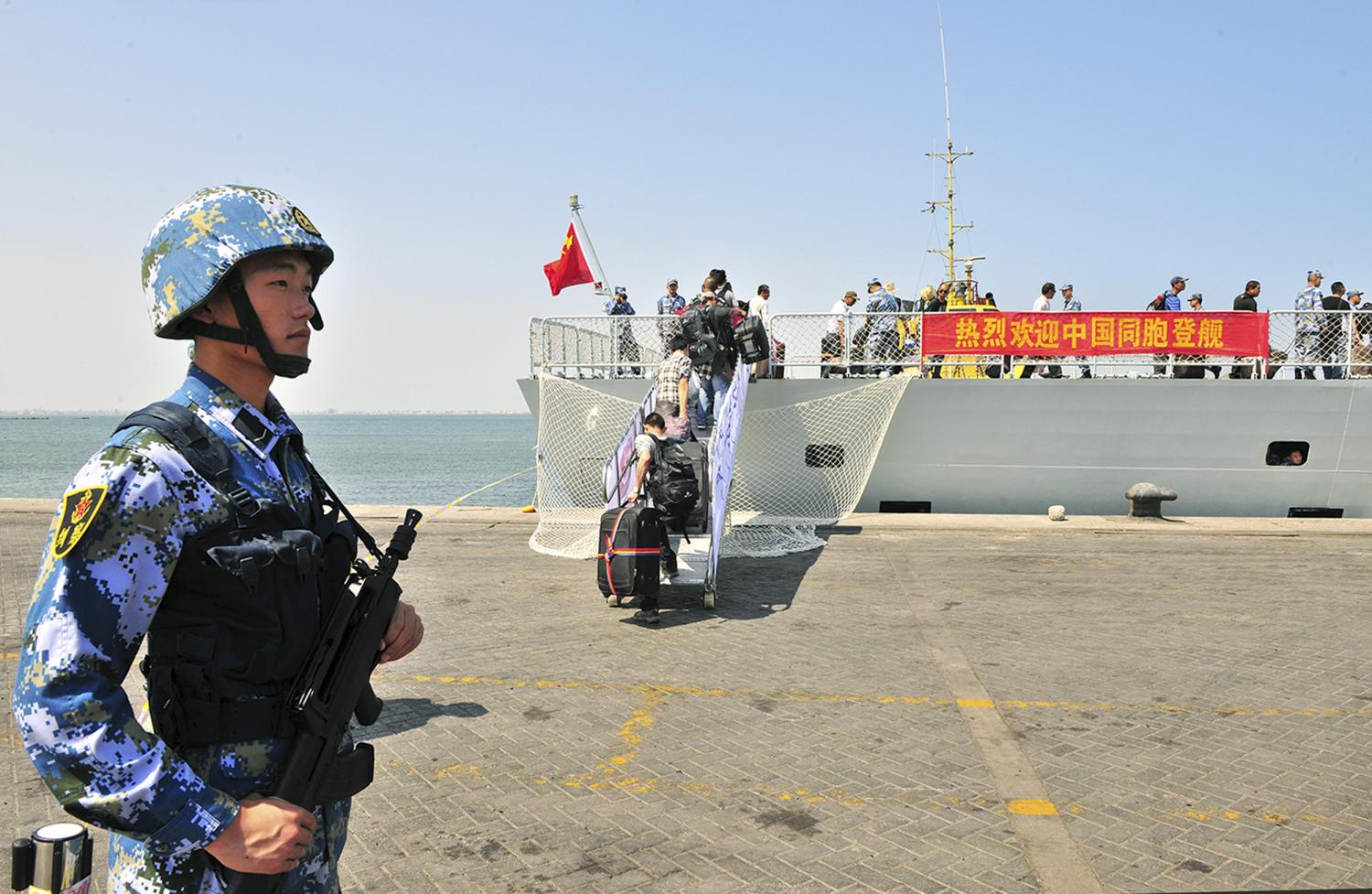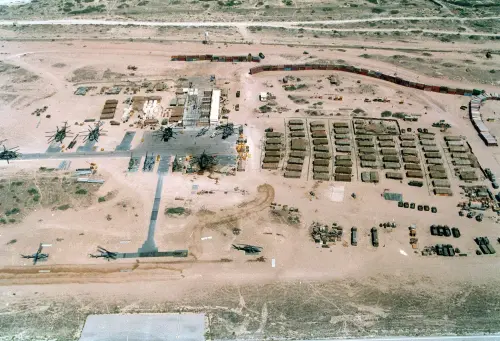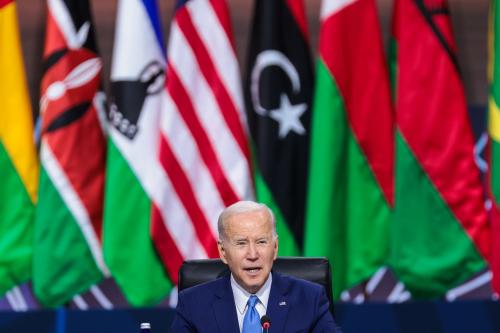Executive summary
Compared to other regions, sub-Saharan Africa is not a high strategic priority for China, Russia, or the United States. Most of the vital interests of these powers are in Asia, Europe, the Western Hemisphere, and the Middle East. That said, in recent years, U.S. concerns about Chinese and Russian basing in sub-Saharan Africa (SSA) have grown, largely owing to the two countries’ increased desire to project power and influence globally.
But each country has different interests and capacities in sub-Saharan Africa, and U.S. strategy in the region should account for what drives these powers’ basing behavior. China seeks to secure and maintain access to resources and markets and safeguard its citizens and businesses abroad. Russia, with more limited economic and political stakes in the region, is more opportunistic. It tends to pursue its interests in an ad hoc fashion, often through undertaking profit-seeking and destabilizing activities. The United States primarily seeks to maintain strategic access to the continent, counter threats to U.S. persons, facilities, and interests from violent extremist organizations or other maligned actors and to prevent and respond to humanitarian and other crises.
In terms of capacity, China has only one base, located in Djibouti. However, the U.S. government suspects it is pursuing other bases in multiple countries, including Angola, Equatorial Guinea, Kenya, Namibia, the Seychelles, and Tanzania. Russia is planning for a base in Sudan, as publicly reported in 2020, and is likely seeking base access in several other SSA locations, including Eritrea and Somaliland. In addition, Russia now uses mercenaries of the Wagner Group, a paramilitary organization, to support regimes in countries such as the Central African Republic, Madagascar, Mali, Mozambique, and Sudan. The United States maintains a permanent base in Djibouti, an Air Force facility in Niger, and troops in Kenya and Somalia, and it has authorized special operations forces to support counterterrorism missions in other SSA countries. It also provides logistical support to French counterterrorism operations in Mali.
Although China and Russia’s growing attention to sub-Saharan Africa is evident and may be concerning, expanded Chinese basing and increased Russian aggression in other, more vital regions are much more significant threats to the interests of the United States and its allies and partners. Preventing Chinese and Russian basing in sub-Saharan Africa should be a lower priority.
Of course, the United States can and must adjust its strategy in response to the evolving security dynamics. Within the region, the U.S. government should focus on preventing basing on the west coast of Africa that could provide China naval access to the Atlantic and basing in East Africa that could significantly impact sea lines of communication (SLOCs) and provide China with more power projection capability in the Indian Ocean. Other potential Chinese basing locations in the region should be less of a concern. Because Moscow has limited security interests in sub-Saharan Africa and it is now distracted by the war in Ukraine, its basing activities should not be a major concern for the U.S.
The United States should not just focus on basing, however, but also consider how other military agreements, cooperation, and port access amplify China’s ability to project power and threaten the SLOCs.
Washington should also seek opportunities for cooperation with China in the region, based on their numerous shared security interests there. Due to its aggressive behavior in Ukraine and disruptive behavior in sub-Saharan Africa, cooperation between the US and Russia is unlikely.
The views expressed in this policy brief are those of the author and do not reflect the official policy or position of the National Defense University, the Department of Defense, or the U. S. government.
-
Acknowledgements and disclosures
The author thanks Isaac Kardon for his valuable comments on earlier drafts, as well as participants in the “Great Power Competition and Overseas Basing” workshop hosted by the Brookings Institution for their insights. Gratitude also goes to Lori Merritt for editing and Rachel Slattery for layout.






